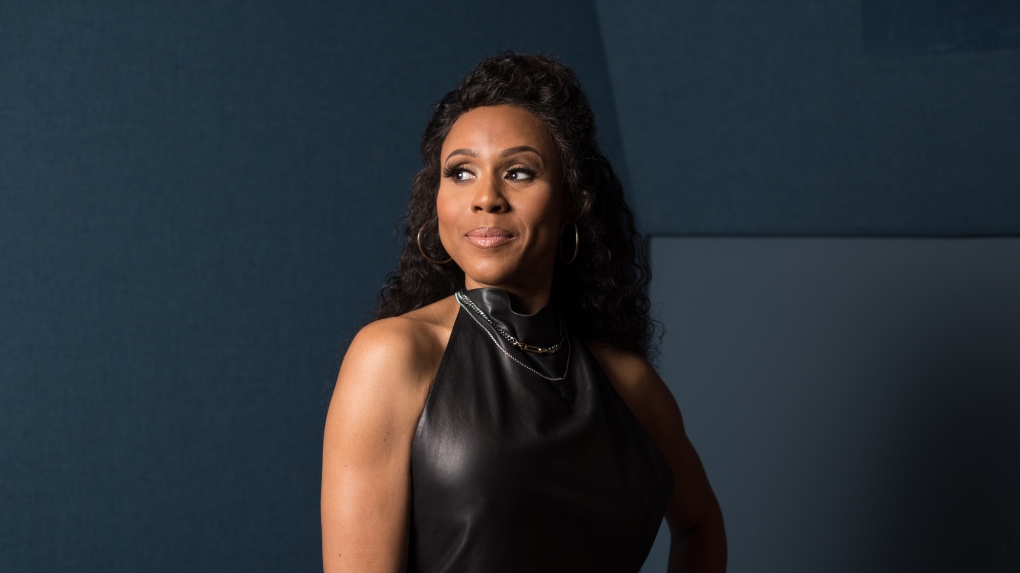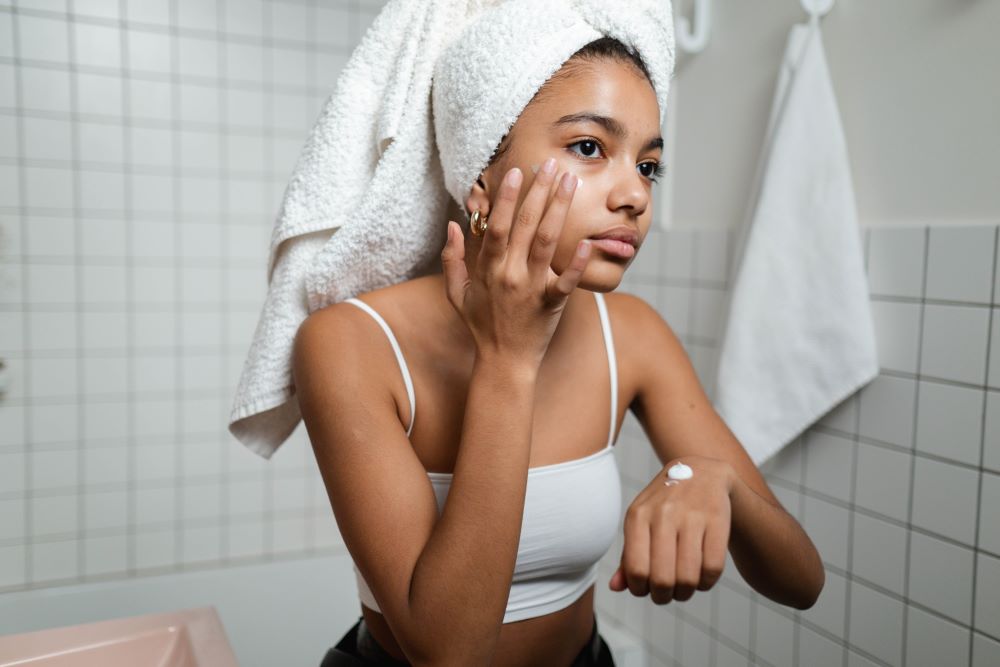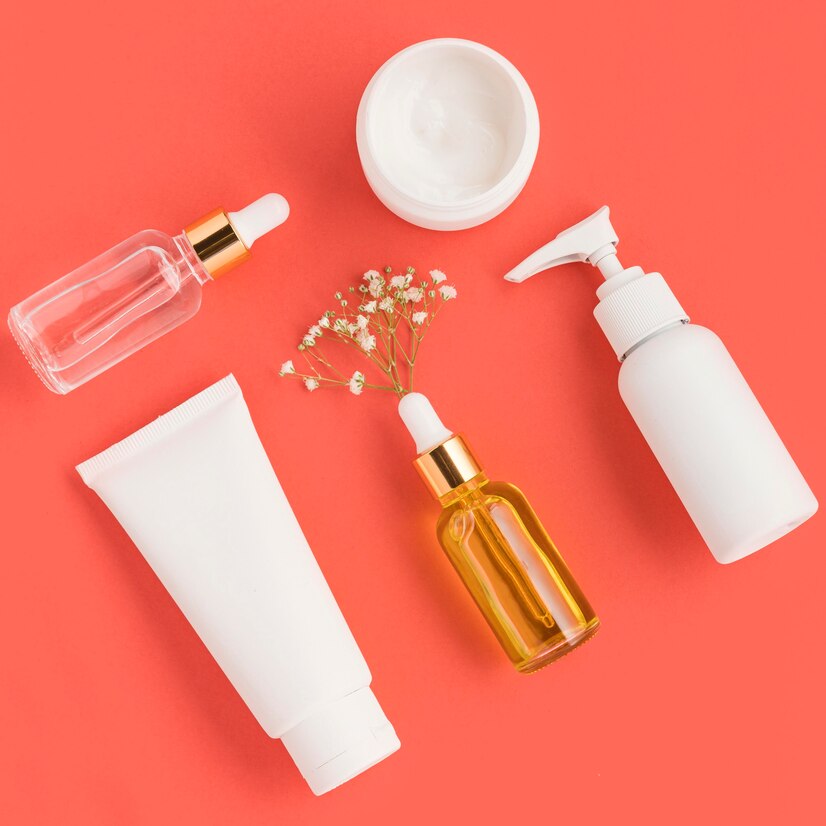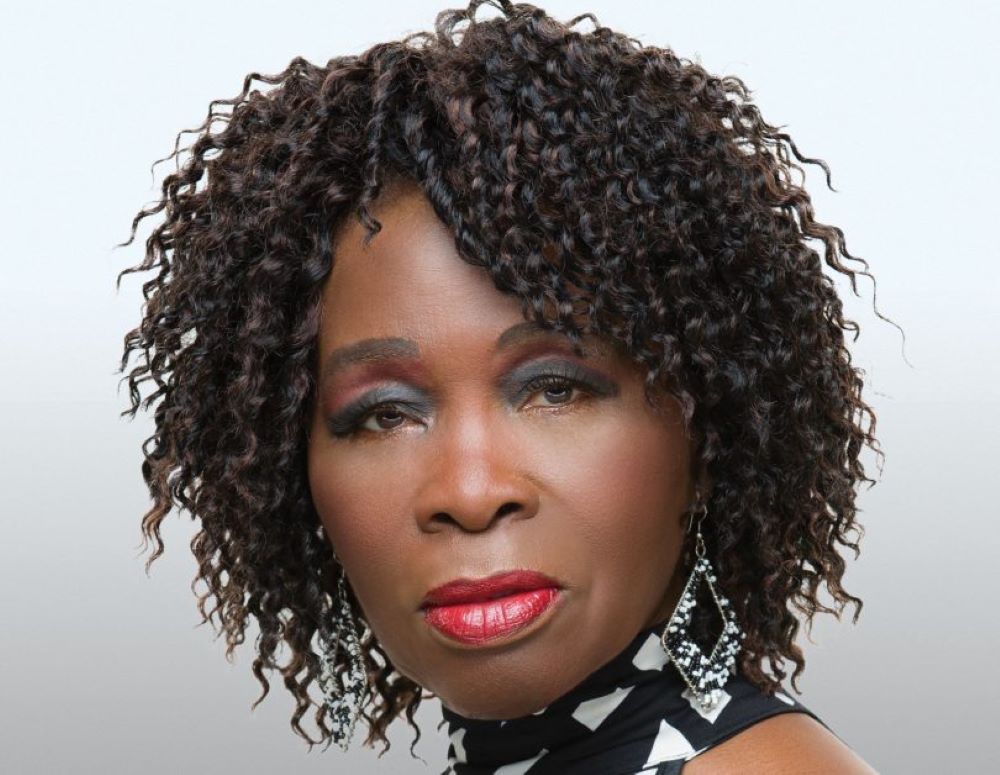Maybe you’re starting to get the sneaking suspicion there’s something going awry with your hair, but you have no idea if you’re being paranoid or what exactly could be the problem. After all, hair is sensitive. You might wonder if you need to cut back on chemical products and heat treatments, or manage your stress levels better, all of which can seriously hurt hair. But let’s say you’re gentle on your hair and mindful of the hairstyling products you use, and let’s say you’re not stressed. What then? You could need to take vitamins, particularly ones designed for hair maintenance. Here are some signals your hair could be in trouble and what nutrients your hair needs to thrive.
- Your Hair Is Dry and Dull
Everyone has different textures of hair—but if running your fingers through your hair is starting to feel like running your hands along the floor of a barnyard, your body is probably missing important nutrients and your hair is paying the price for it. Healthy hair—though it may naturally be on the wiry, fine, or matte side—should ideally either be glossy, full of volume, and/or soft to the touch.
- Your Hair is Thinning
If you notice any changes to the volume of your hair, or you’re pulling out chunks of hair in the shower, or there are more strands of hair in your brush than usual…those are signs something is amiss. It’s normal to lose multiple strands of hair a day, but it’s not normal to lose whole clumps or experience diminished volume over a short period of time.
- You Have Split Ends
Split ends equal chaos at the ends of your hair. Your body is fighting to keep strands of hair wound together, but it can’t, so strands begin unravelling. It’s a clue that you could be missing vitamins and minerals that are essential to retaining healthy hair.
- Your Strands Are Brittle
Healthy hair can take a bit of tugging and twisting. If you pull at your hair and wind it around your fingers, as one does absentmindedly on occasion, and multiple pieces snap in half or split apart then you know something is wrong.
- Your Hair Has Stopped Growing
Without appropriate resources, in the form of vitamins and minerals, your body can’t grow new hair. You might notice your hair has been staying the same length for a worrying amount of time, and that’s your cue to consult a doctor and run some bloodwork. Doctors may find your levels are low.
What Should You Look for in a Haircare Supplement?
The trick to finding a suitable haircare supplement is understanding what vitamins and minerals are central to hair health. Deficiencies in any of the following can have a dramatic impact on the structure, quality, and growth of your hair: B vitamins (especially riboflavin, biotin, folate, and B12), vitamin C, vitamin D, iron, and zinc. Review the ingredients list of any product sold as a haircare supplement. You may not know exactly what you need, but sticking to supplements containing nutrients known to support hair growth won’t hurt.
A lack of B vitamins is considered one of the biggest culprits of hair damage. Biotin is regularly cited as a cure-all for hair mishaps—and there’s some evidence the vitamin is vital in strengthening hair. Your body relies on biotin to produce keratin, a type of protein contributing to the structure of hair, nails, and skin. A shortage in biotin can slow the body’s production in keratin, leading to disastrous effects on your hair.
However, biotin isn’t the only vitamin known to promote keratin production. Vitamin C plays its role too. Vitamin C is important in the development of collagen, which holds an amino acid the body can use to build keratin. Additionally, other deficiencies are linked to hair damage, like iron and B12. Many people are either low on iron, a condition referred to as “anemia,” or don’t consume enough food sources containing B12. Both deficiencies are associated with infrequent consumption of red meats and other animal-derived products—though iron and B12 aren’t found exclusively in animal products.
Especially consider a supplement if you do not have access to iron- or B12-rich foods or you cannot realistically consume enough dietary sources of particular nutrients to see improvement to your hair. While you should do everything in your power to eat a balanced diet, many factors can block you from eating as well as you should. In that case, that’s where supplements come in. They give you quick access to essential vitamins and minerals that you may struggle to fit into your daily life through diet alone.
Luke Miles | Staff Writer








